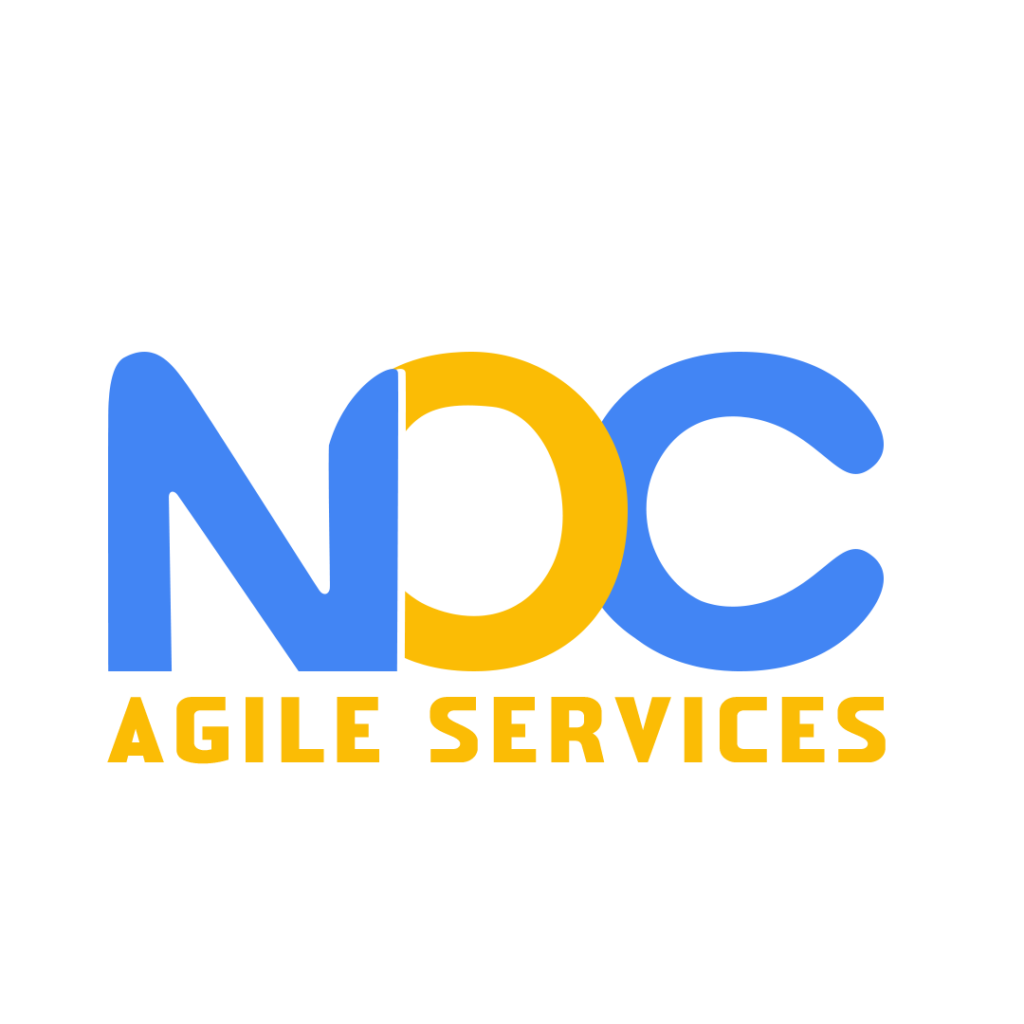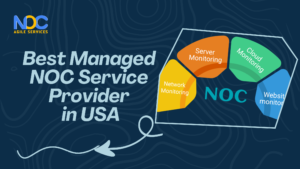Introduction
The first rule of data security is that it should be a priority for employees and organizations alike, and in the years ahead, it will hinge on the new cybersecurity guiding principles. Data breaches, phishing attacks, ransomware, and other descriptive threats evolve, so there cannot be an overnight one-stop solution; hence the inclination toward giving such issues an upper-hand knowledge.
The blog considers the best data-protection methods of 2025 for building a more secure digital environment within the organization, for employees, and for customers. From the single-entrepreneur business owner to the team member of a large corporation, knowing how to protect data online can single-handedly shift the paradigm.
1. Have a Strong Business Cybersecurity Policy
Every organization should have a defined cybersecurity policy for business. It starts with risk identification, vulnerability assessment, and a clear delineation of policies applicable to employees. Regularly assess with audits, threat analysis, and security planning to minimize exposure to cyber threats that offer the strongest foundation for business cybersecurity.
2. A Secure IT Infrastructure Is the Backbone
A secure IT infrastructure forms the foundation of modern cybersecurity. Businesses need to invest in firewalls, intrusion detection systems, secure servers, and encrypted data storage. Make sure all your software and systems are up to date to eliminate any exploitable vulnerabilities.
3. Focus on Cyber Hygiene Practices
Similar to physical hygiene, cyber hygiene practices will keep your digital environment clean and safe. Some examples include strong password management, regular software updates, limited access controls, and endpoint security. Training employees on cyber hygiene is the best return on investment for bolstering security.
4. Create a Cybersecurity Checklist for Businesses
Creating a checklist for businesses regarding cybersecurity will keep them on the right track. This checklist should comprise:
- Regular backup
- Access control
- Multi-factor authentication
- Antivirus and anti-malware programs
- Employee awareness programs
The latest cybersecurity implementations check all possible bases and minimize the risk of security failure.
5. Train Employees in Cybersecurity Awareness 2025
Employees are usually the first line of defense. Regular training and workshops on cybersecurity awareness 2025 will ensure that your team knows how to recognize phishing emails, suspicious links, and social engineering attacks. A well-informed team contributes significantly to cyber attack prevention methods.

6. Incorporate Advanced Threat Prevention Security Measures
AI- and ML-based threat detection tools are turning the tide on threat prevention in the cybersecurity space. These tools neutrally detect and block threats in real time, mitigating risks before any real damage can occur; thus, ensure that your business uses this advanced solution by 2025.
7. Data Privacy Should Become a Priority in 2025
The concerns from the customers are rising with respect to data privacy in 2025, and the laws are becoming stricter. The organizations are to be transparent about the way of collecting, storing, and using personal data. Information security best practices will, furthermore, not cultivate trust but ensure compliance with the data protection laws.
8. Make Practicing Daily Online Data Security Tips
Here are some daily online data security tips that might work wonders:
- Do not click unknown links or attachments.
- Always verify emails before responding.
- Use an encrypted connection (HTTPS and VPN).
- Never conduct business transactions on public Wi-Fi.
- Patch and upgrade software of all kinds.
These are simple data protection tips for 2025 that provide an extra layer of protection.
9. Network Security Best Practices
Your network is, after all, an entry point for hackers. By adopting network security best practices such as network segmentation, access control of sensitive data, and intrusion prevention systems, you can best secure your business data from unauthorized access.
10. Data Breach Preparedness – Prevention Is Key
No matter how many safeguards are in place, data breaches happen. Prevention tips for data breaches are, therefore, most important. It establishes incident response plans, backups of data, and the implementation of secure recovery methods. If managed well, these controls minimize the breach’s impact and, thus, save the organization’s reputation.
11. Effective Techniques for Sensitive Data Protection
Enterprises control a gargantuan volume of critical and confidential data. Among the best ways to protect sensitive data are:
- Encrypt all sensitive files
- Use role-based access control
- Review user activity logs
- Limit removable media use
- These steps support the cybersecurity tips for companies wishing to defend themselves against both internal and external threats.
12. Cyber Attack Prevention Methods Must Be Updated on a Continuous Basis
Hackers are changing their methods at a very high speed. Keep your cyber attack prevention methods current with the latest tools, technologies, and protocols. Conduct regular penetration testing to discover any potential loopholes within your existing infrastructure.
Conclusion
Cyber threats in 2025 will be mounting their complexity and destruction. However, the swiftness of your protection lies in your preparedness, know-how, and tools. If anything, riding through those threats entails commitment and awareness of cyber hygiene in addition to information security best practices.
At Nocagile, we believe that securing digital assets begins with smart planning and acting ahead of time. When you adopt these cybersecurity best practices for 2025, you will set up a safer space for your data to be in, along with your employees and clients.
Make security a priority. Be prepared. Stay alive.






